On February 4, the Thai cabinet officially approved phase 2 of the Thailand-China high-speed railway, from Nakhon Ratchasima to Nong Khai, with an investment of about 340 billion baht (10 billion USD).
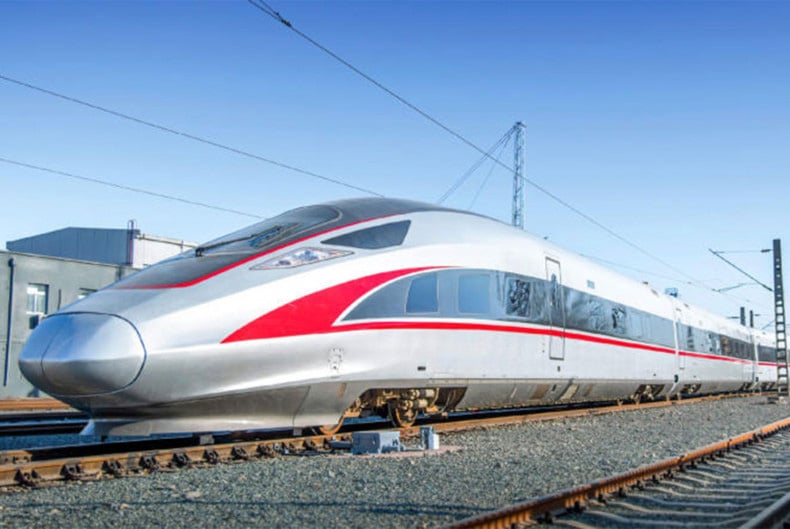
The Bangkok Post newspaper posted this photo with the caption: "The Fuxing Hao CR300 train, manufactured by CRRC Corp - a Chinese state-owned company and the world's largest supplier of railway transport equipment - is expected to be used on the Bangkok - Nakhon Ratchasima high-speed railway line" - Photo: BANGKOK POST
The above-mentioned link will connect the first phase from Bangkok to Nakhon Ratchasima, which is under construction, allowing fast travel from the Thai capital to China's Yunnan province via Laos, where a high-speed railway is already in operation.
As of last month, construction of the first section of the railway was about 36 percent complete, several years behind schedule due to a number of reasons including a financial dispute with the Chinese contractor, the COVID-19 pandemic as well as controversy surrounding the construction of the Ayutthaya station, which conservationists say could affect a UNESCO world heritage site.
In an announcement last week, Thailand's Deputy Prime Minister and Transport Minister Suriya Jungrungreangkit said the ministry plans to tender the 357km second phase this week, with construction to be completed by 2030.
The approval of phase 2 comes a day before Prime Minister Paetongtarn Shinawatra makes his first official visit to China to promote cooperation on economic, trade and investment issues.
According to government spokesman Jirayu Huangsab, Prime Minister Paetongtarn hopes to accelerate the promotion of long-term investment partnerships, especially in future sectors important to Thailand's green and digital transition such as electric vehicles, semiconductor manufacturing and data centers.
The Prime Minister also asked the cabinet to pay more attention to product standards, quality and safety, especially agricultural and food products.
The move comes after China rejected shipments of durian and syrup from Thailand. The durian issue has now been resolved, but hundreds of millions of baht worth of syrup are still stuck at Chinese ports.
The spokesman also reiterated the Thai Government's commitment to pay more attention to safety measures for tourists, and not to allow transnational gangs, especially telecommunications fraud organizations, to use Thailand as a transit point.
Source: https://tuoitre.vn/thai-lan-lam-tiep-tuyen-duong-sat-cao-toc-den-trung-quoc-20250204183913984.htm


![[Photo] General Secretary To Lam holds talks with General Secretary and President of China Xi Jinping](https://vstatic.vietnam.vn/vietnam/resource/IMAGE/2025/4/14/b3d07714dc6b4831833b48e0385d75c1)
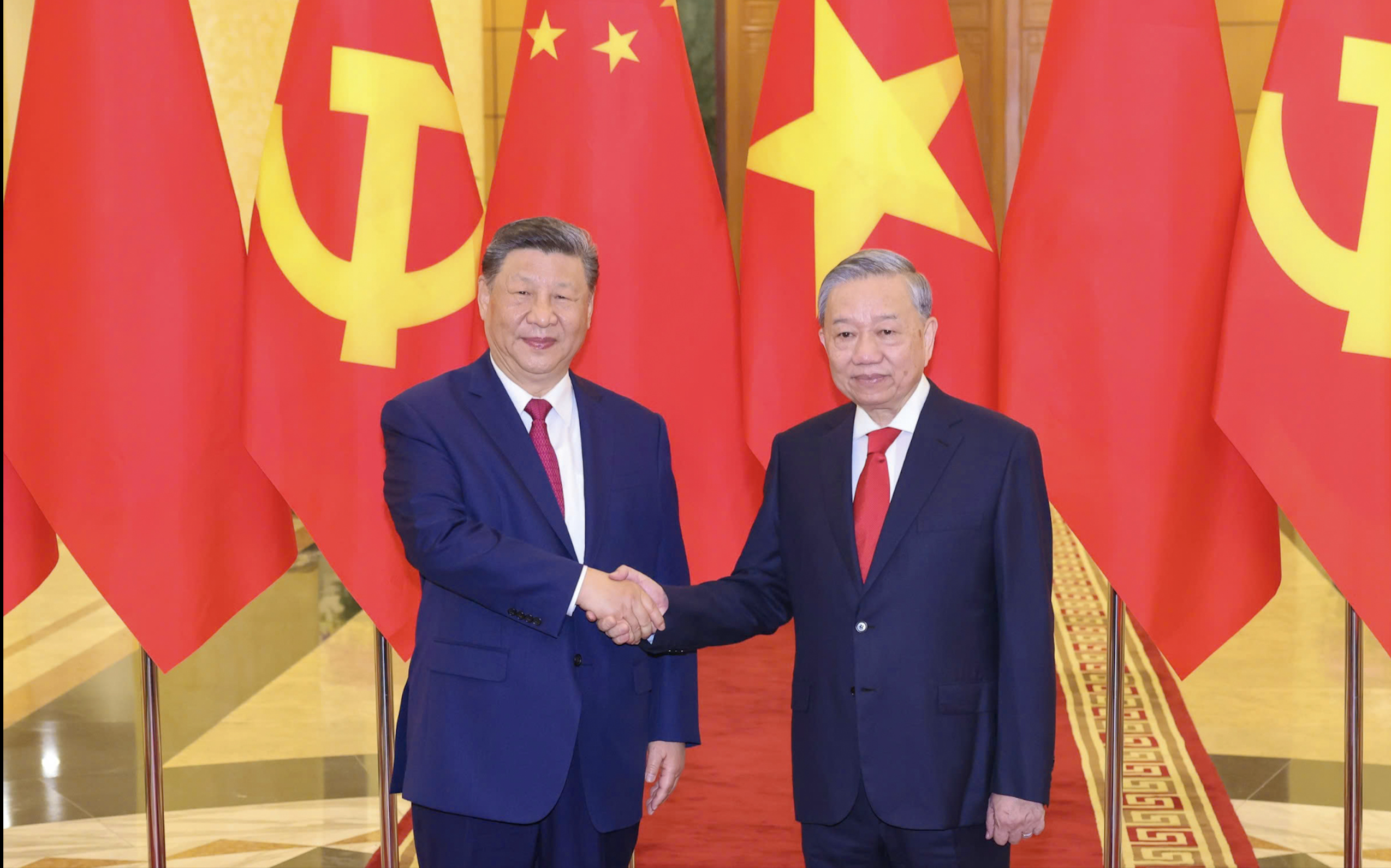
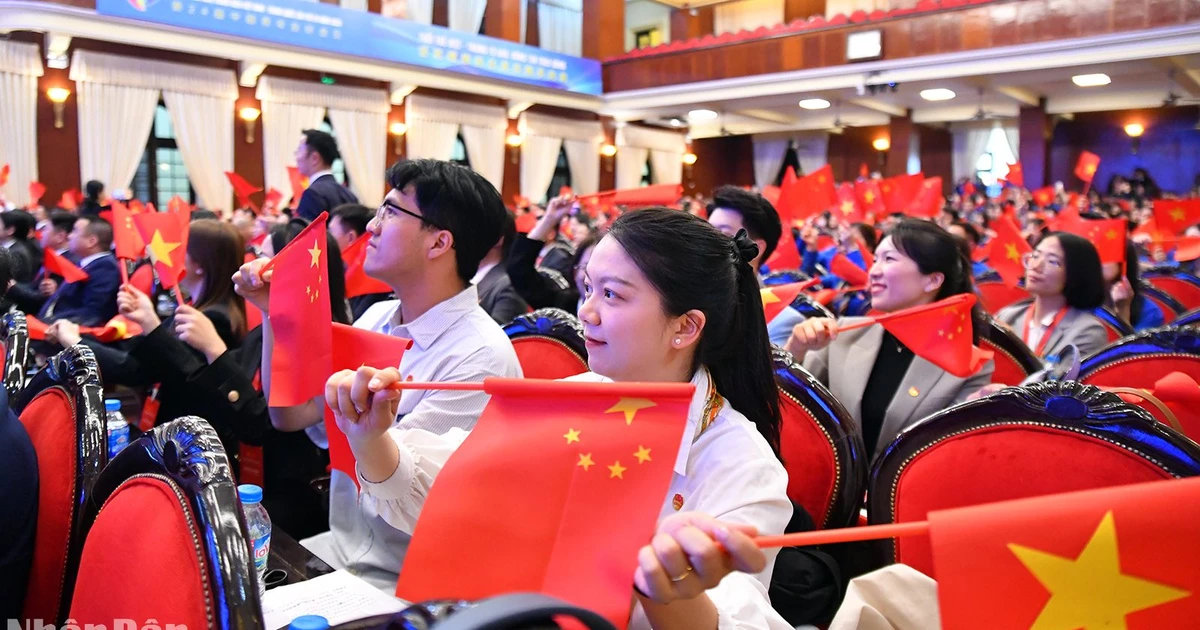
![[Photo] Reception to welcome General Secretary and President of China Xi Jinping](https://vstatic.vietnam.vn/vietnam/resource/IMAGE/2025/4/14/9afa04a20e6441ca971f6f6b0c904ec2)
![[Photo] National Assembly Chairman Tran Thanh Man meets with General Secretary and President of China Xi Jinping](https://vstatic.vietnam.vn/vietnam/resource/IMAGE/2025/4/14/4e8fab54da744230b54598eff0070485)
![[Photo] Prime Minister Pham Minh Chinh meets with General Secretary and President of China Xi Jinping](https://vstatic.vietnam.vn/vietnam/resource/IMAGE/2025/4/14/893f1141468a49e29fb42607a670b174)
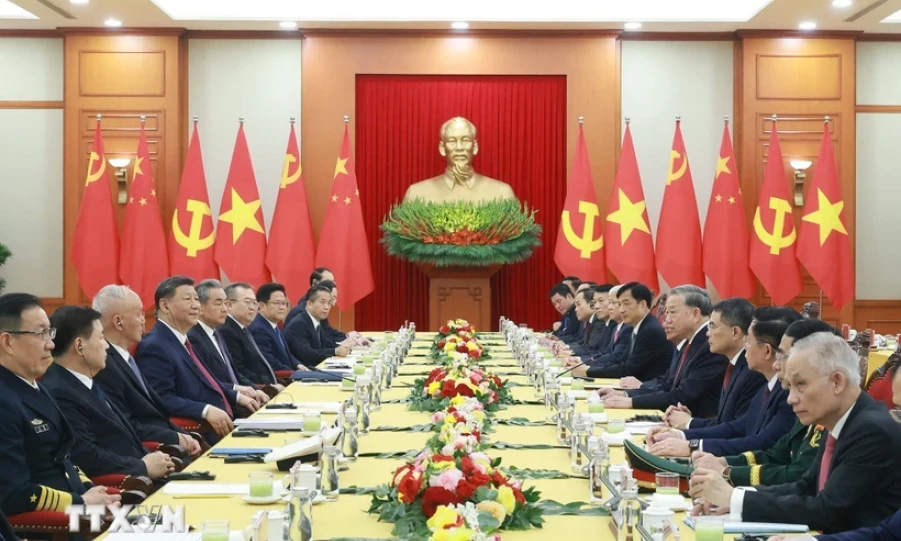

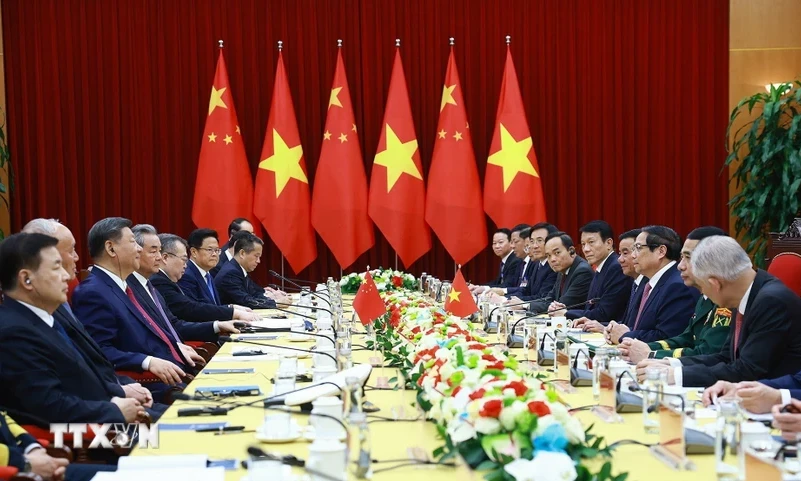
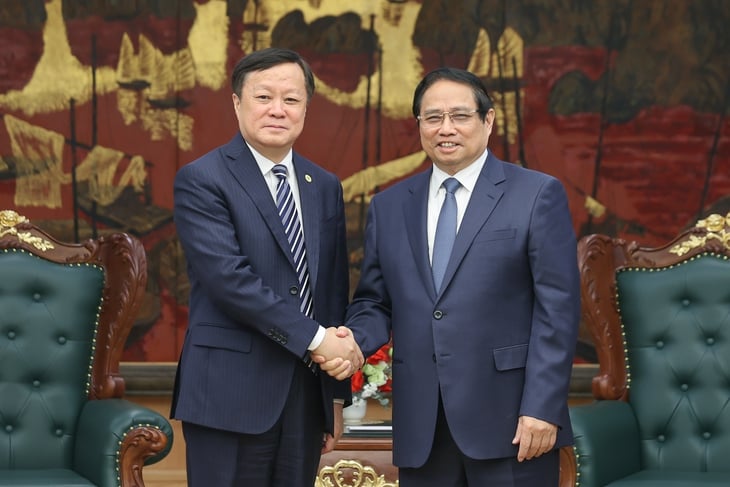
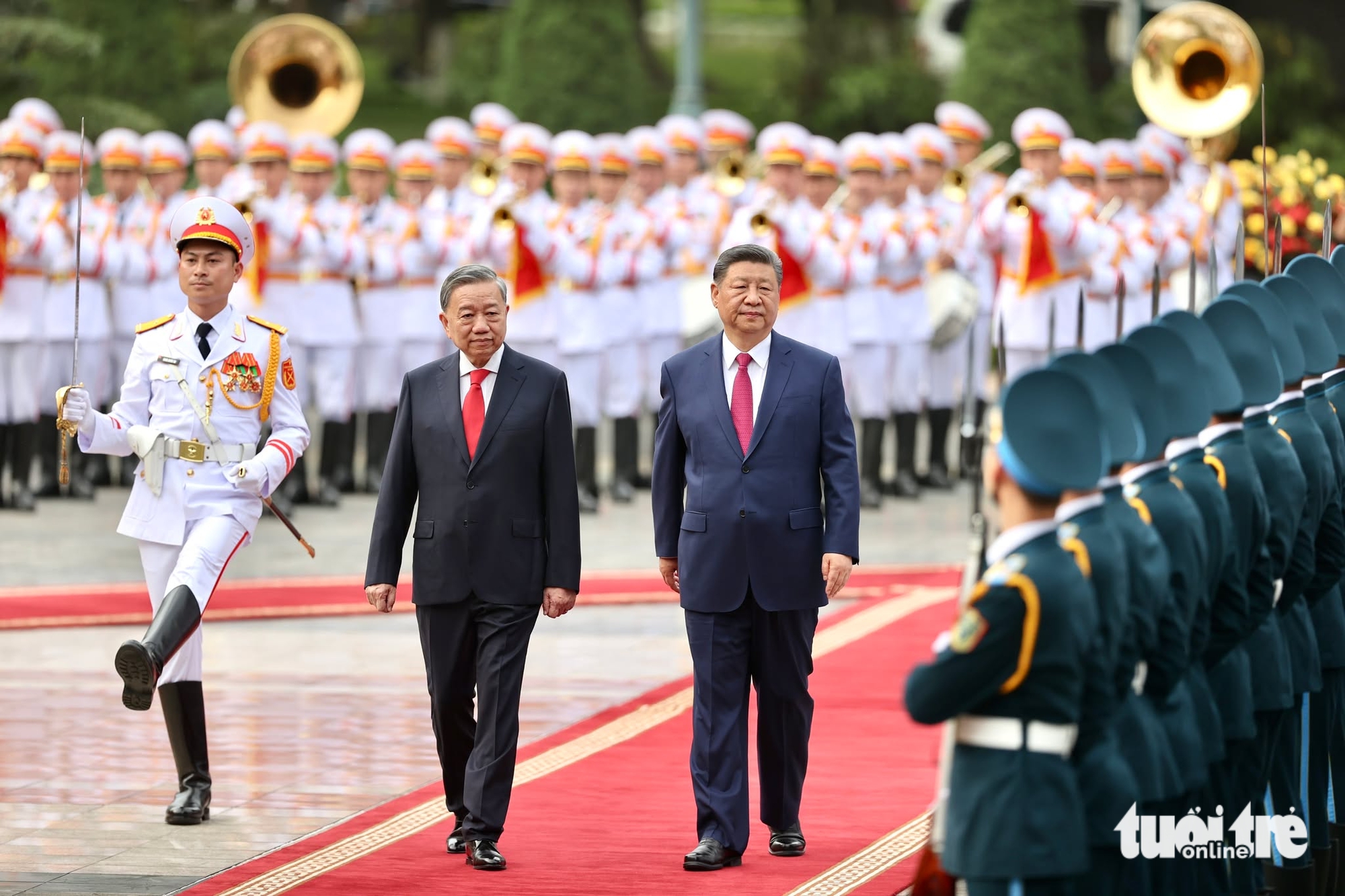
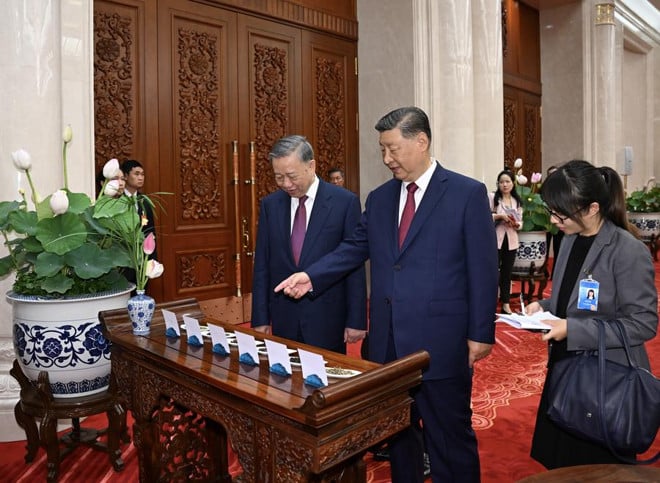

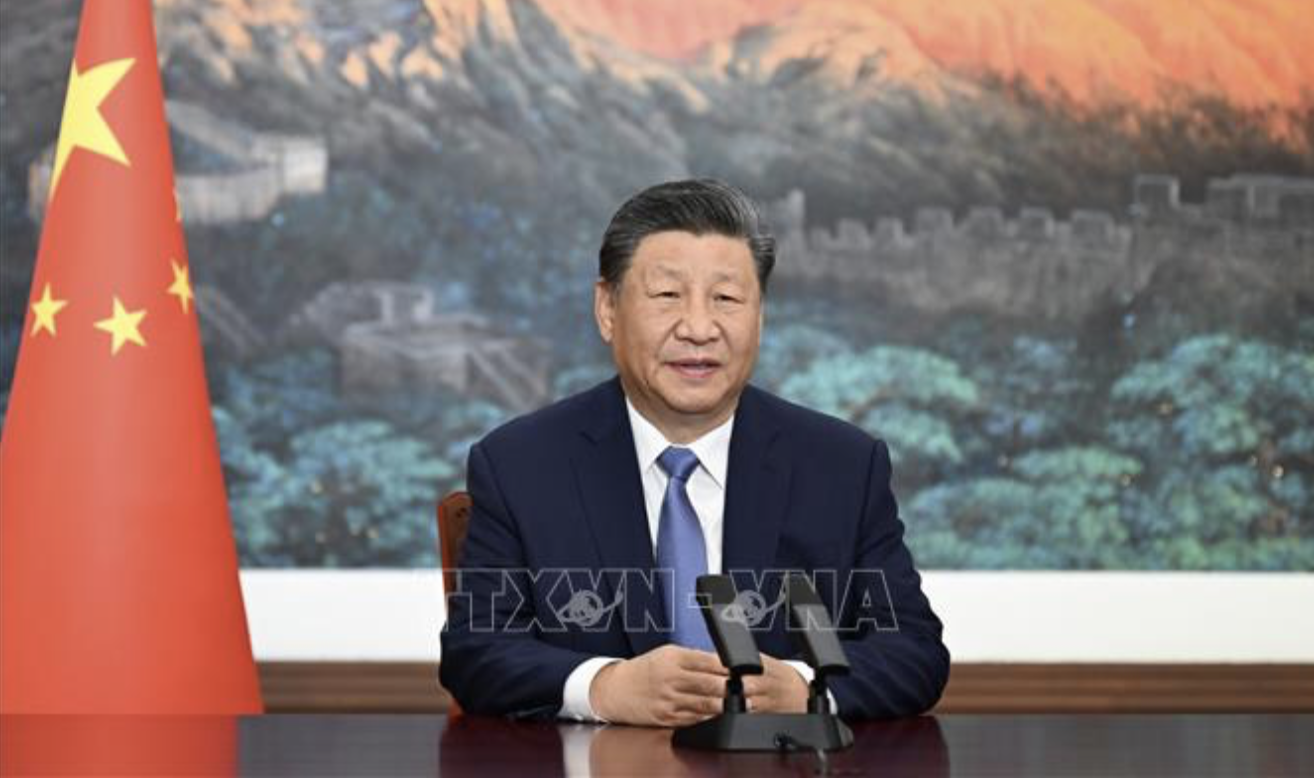

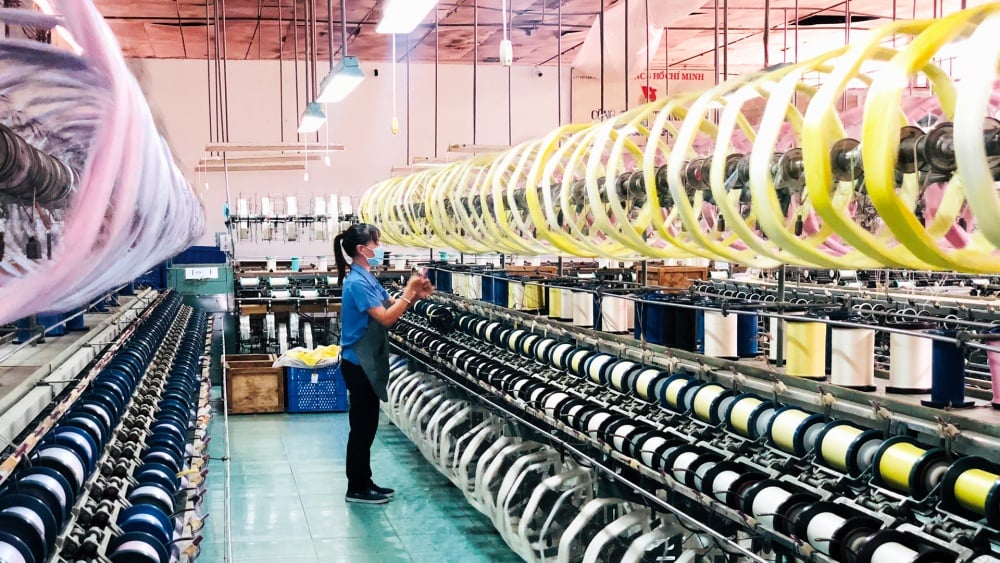
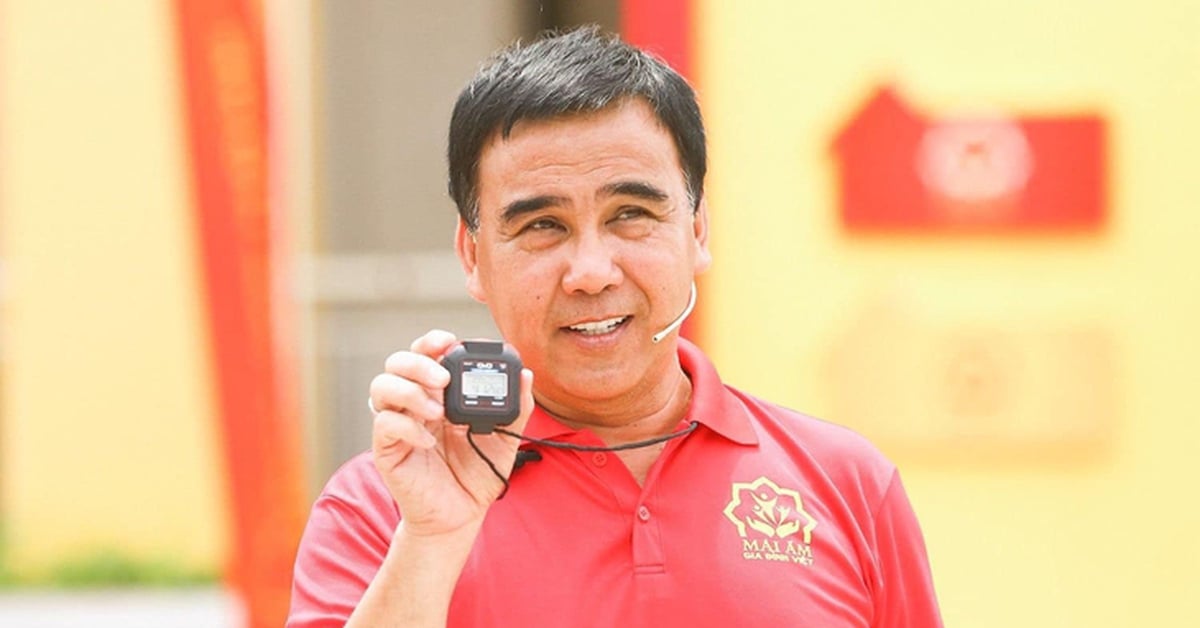

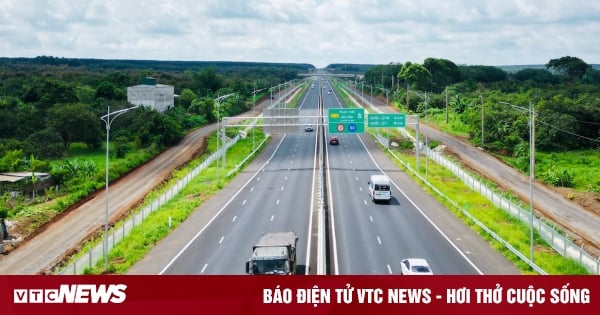
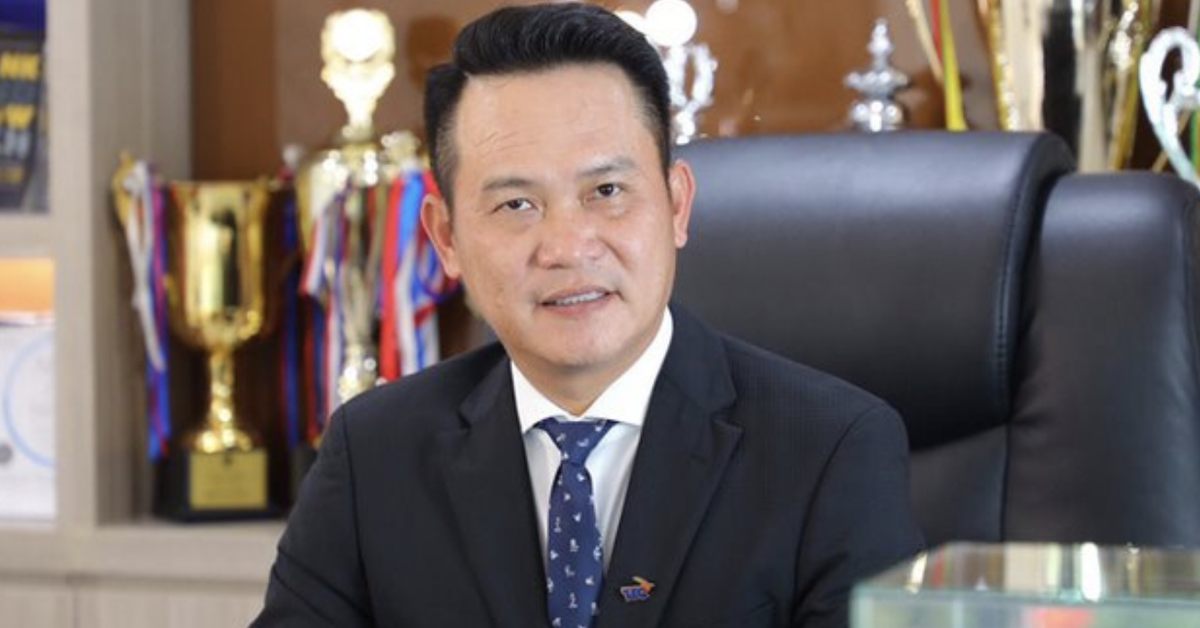
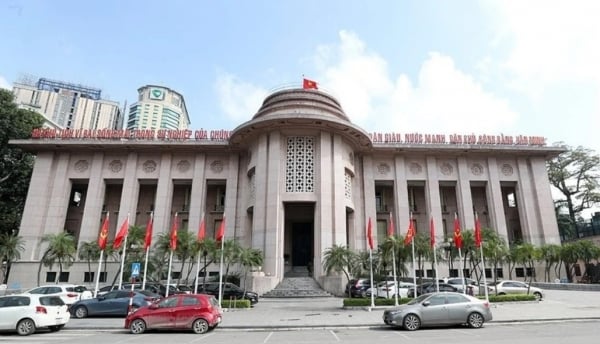




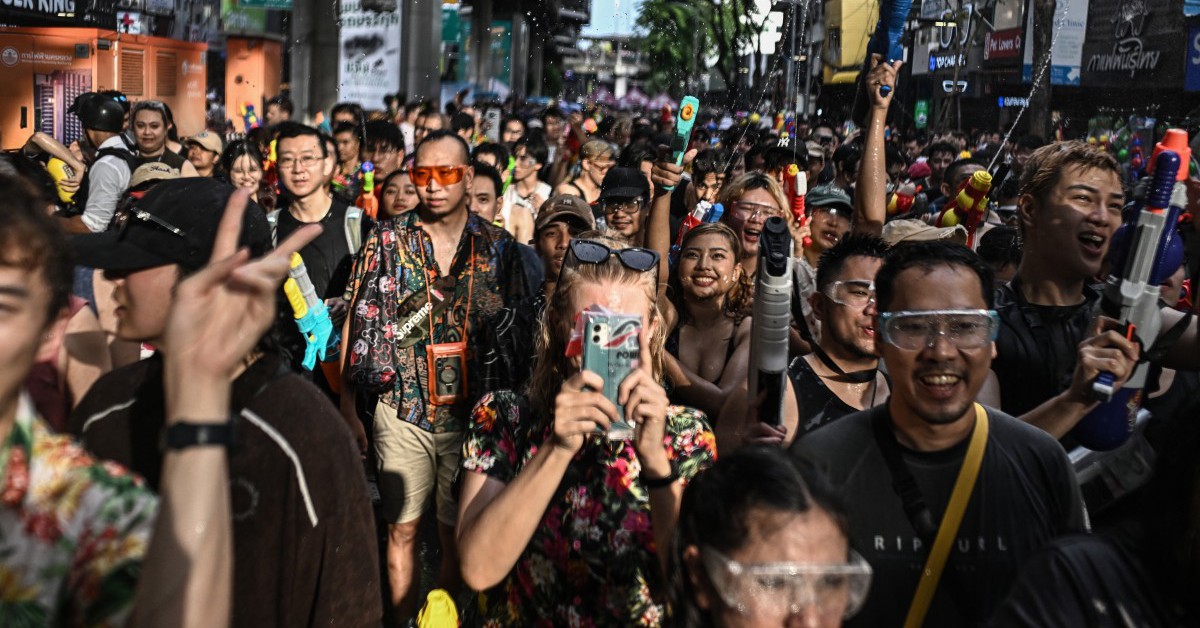



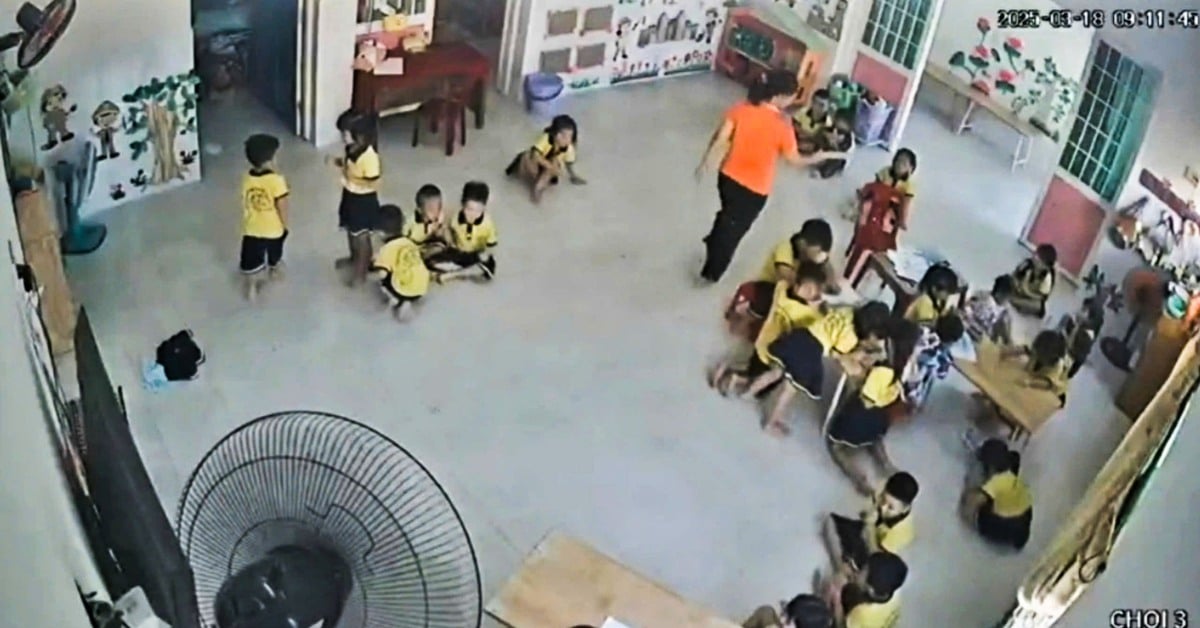
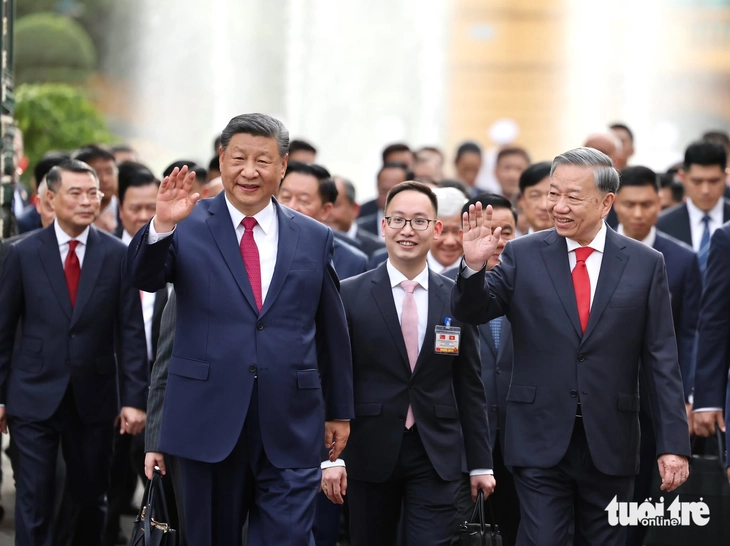



























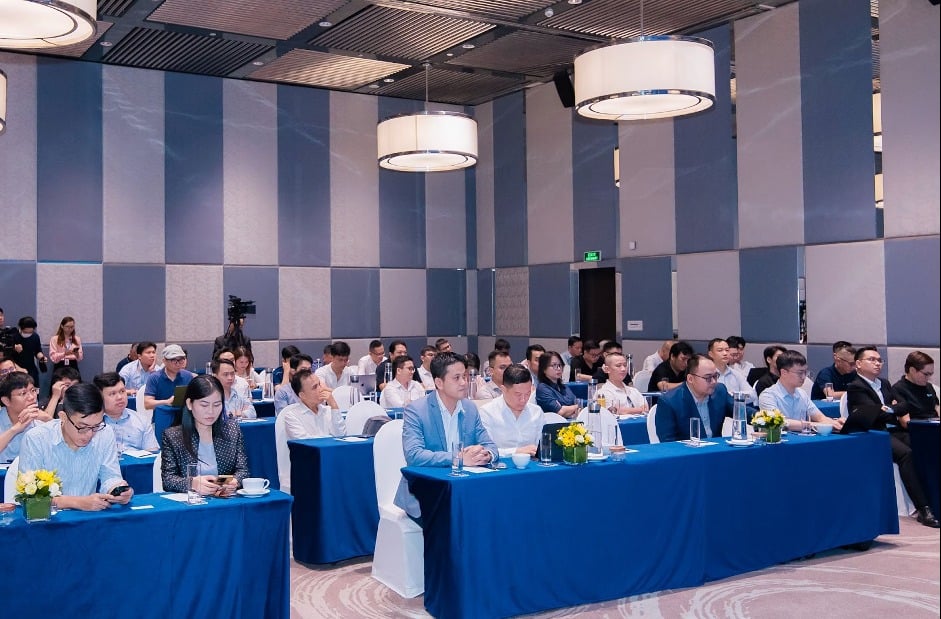


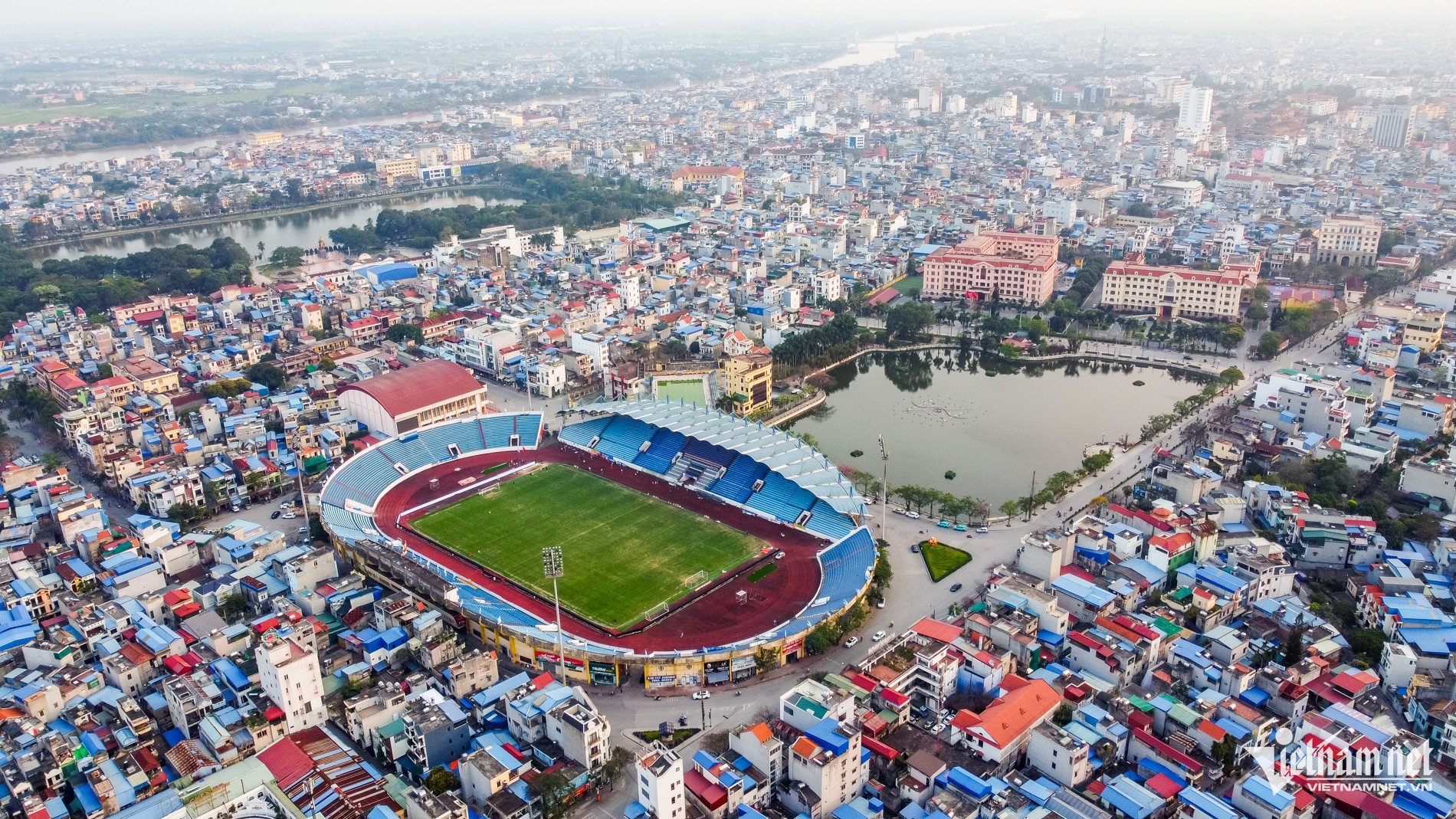
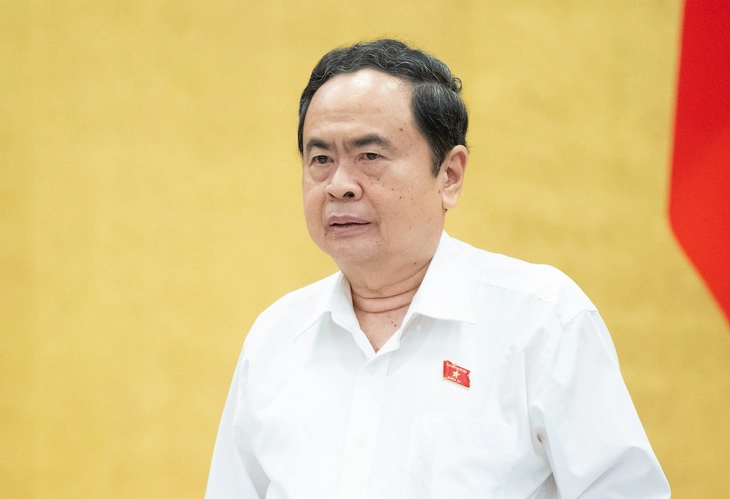


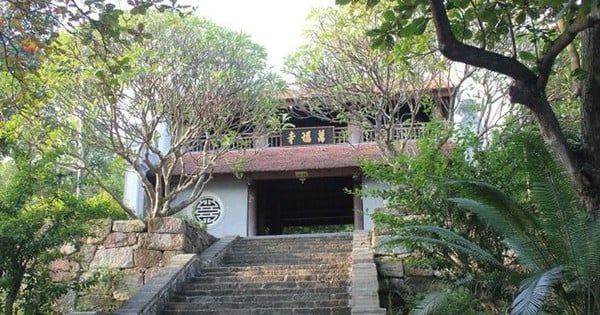
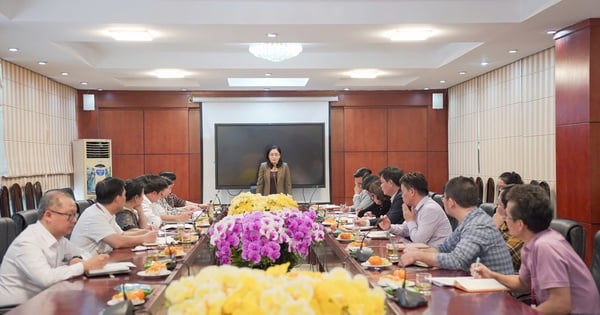
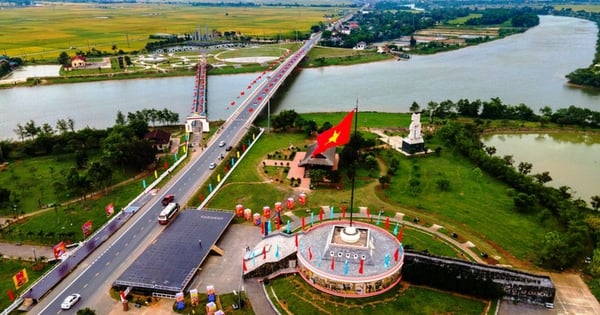
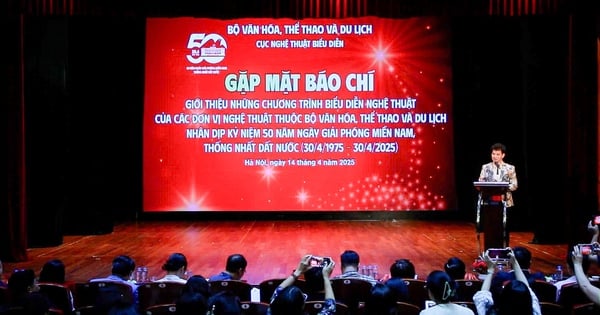
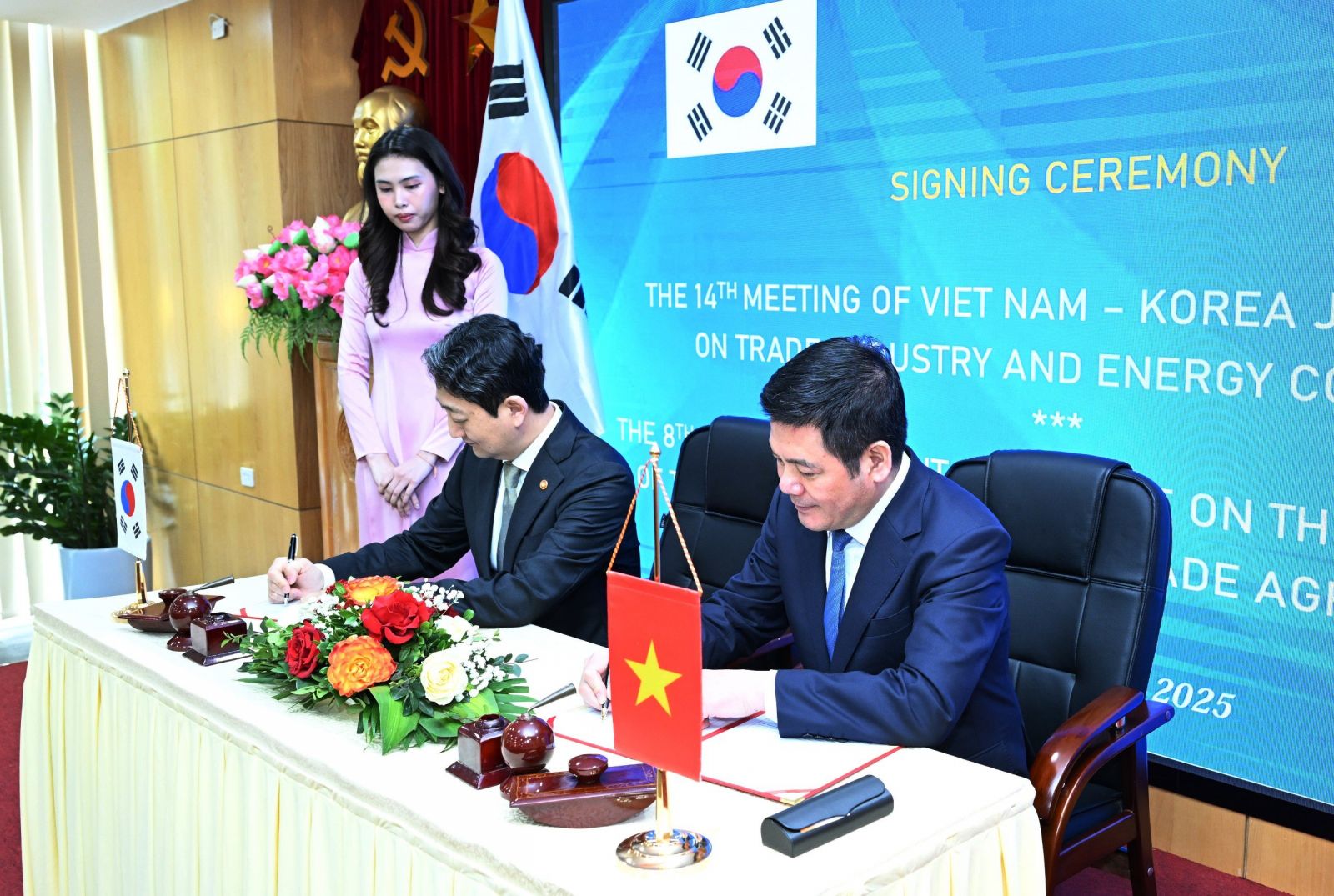

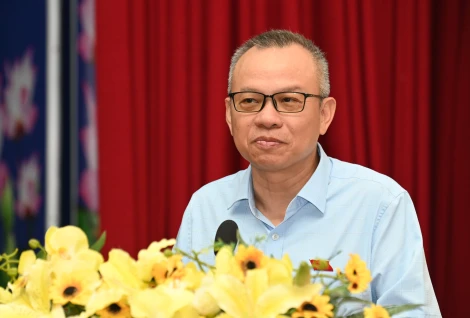
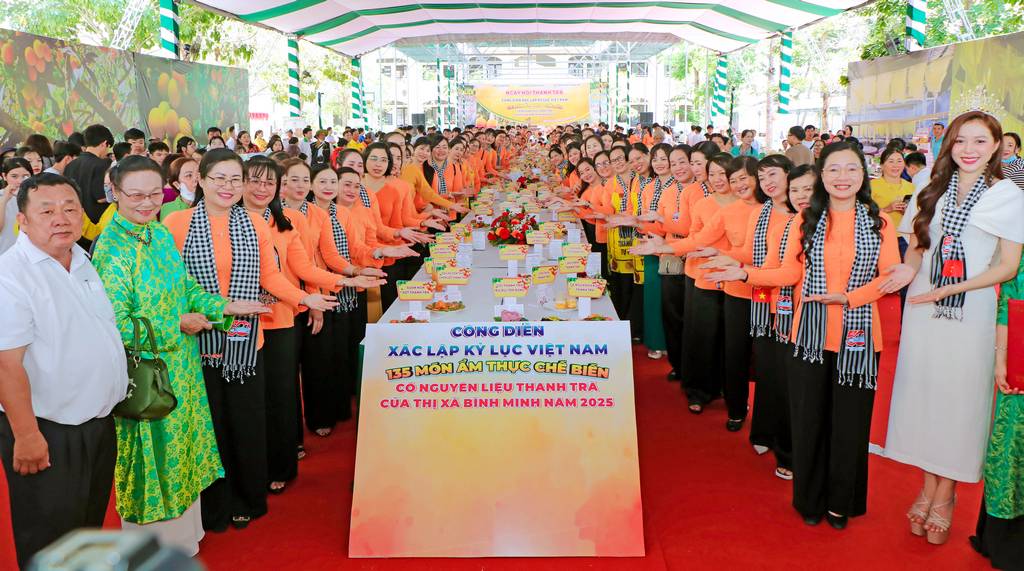
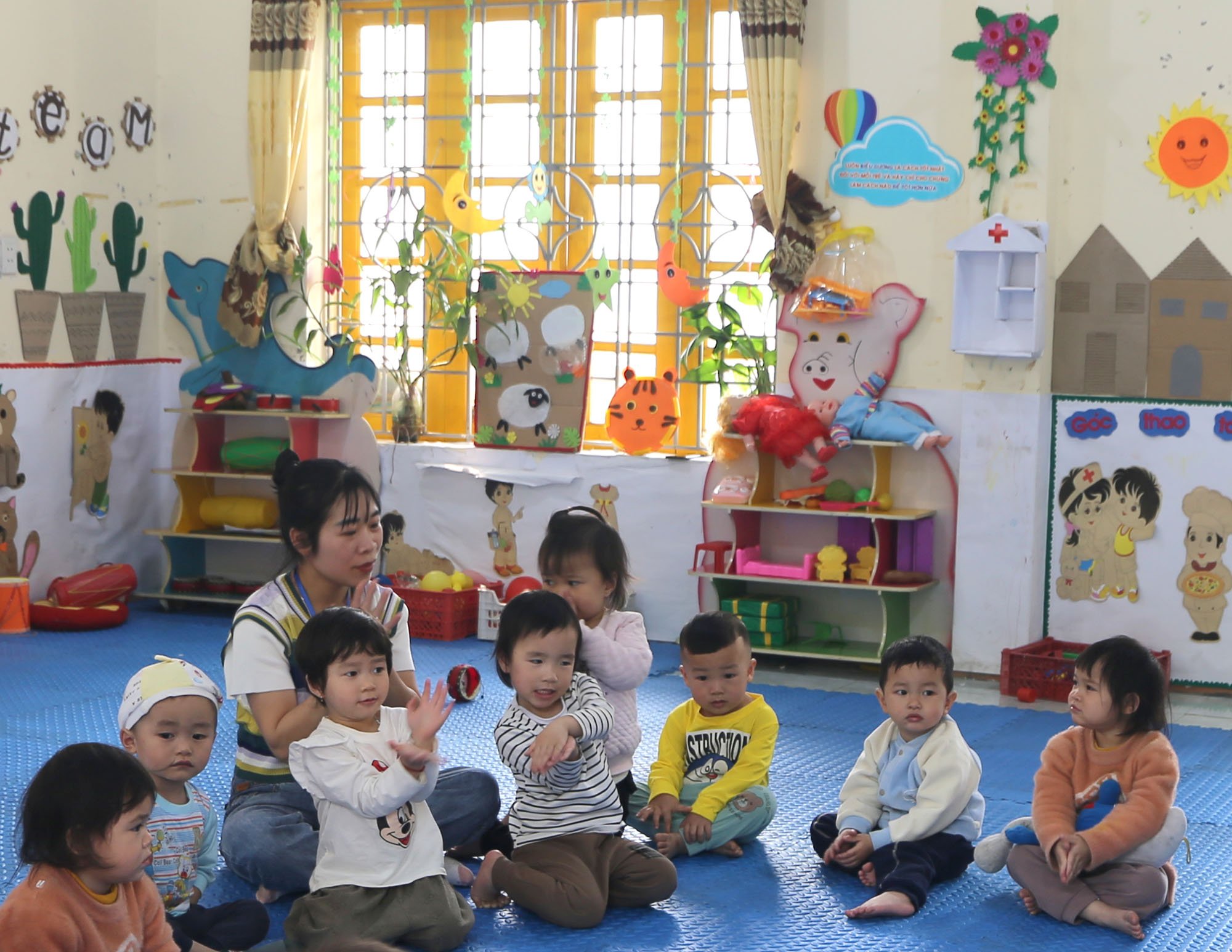
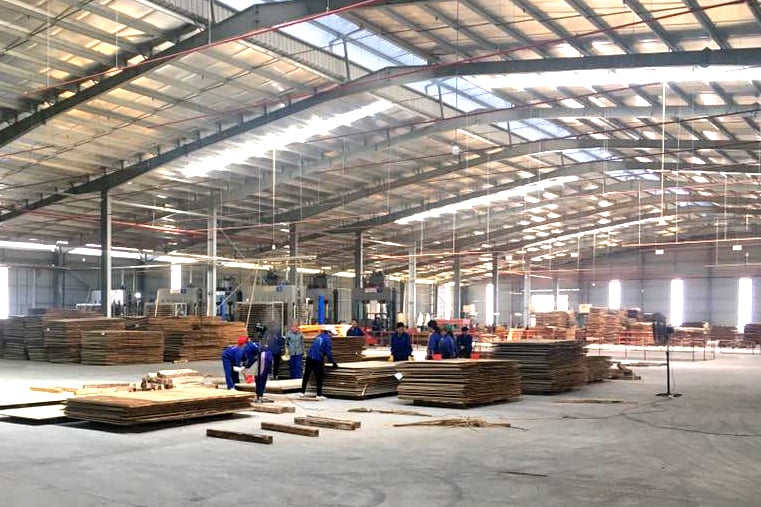
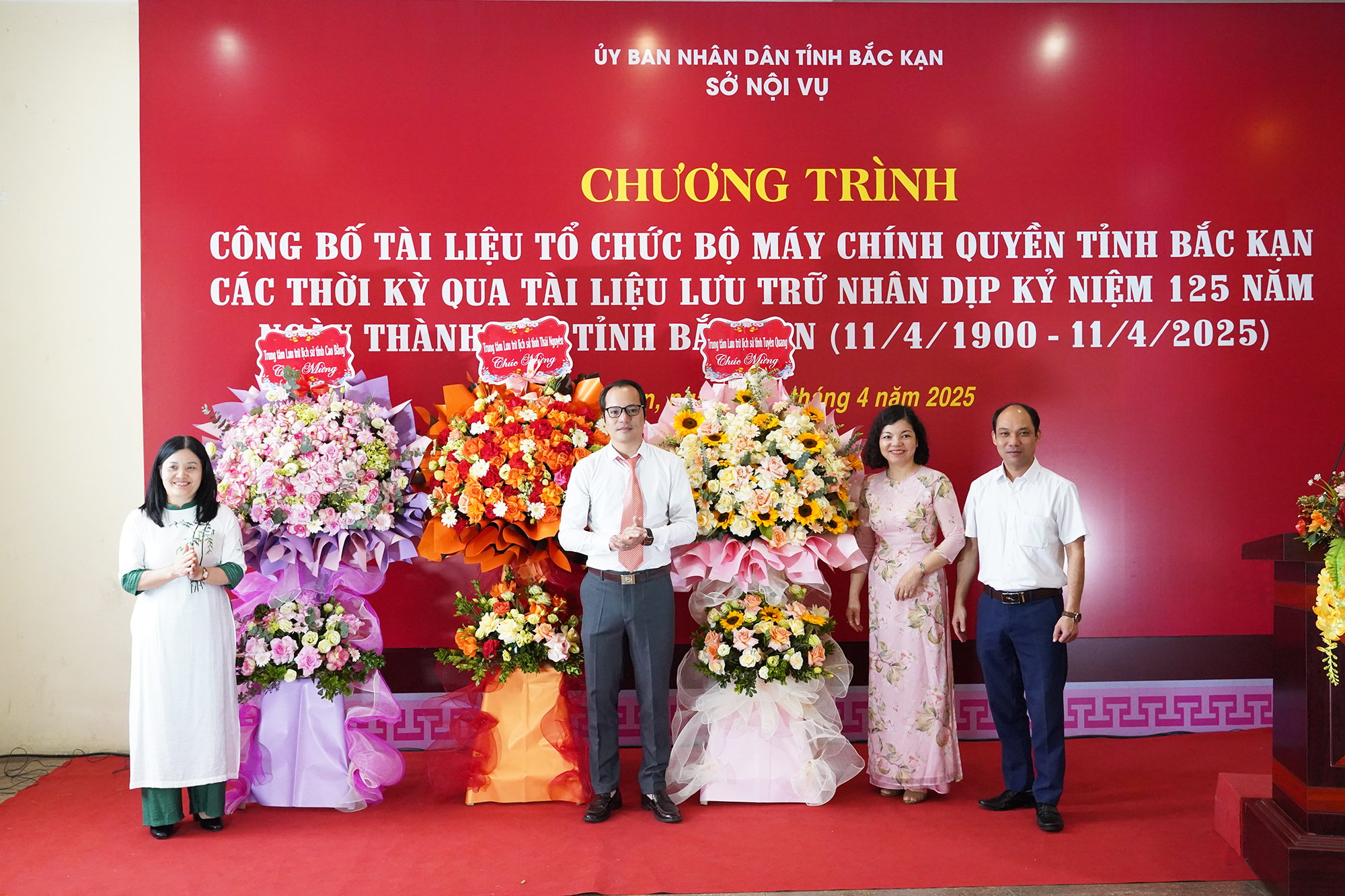










Comment (0)